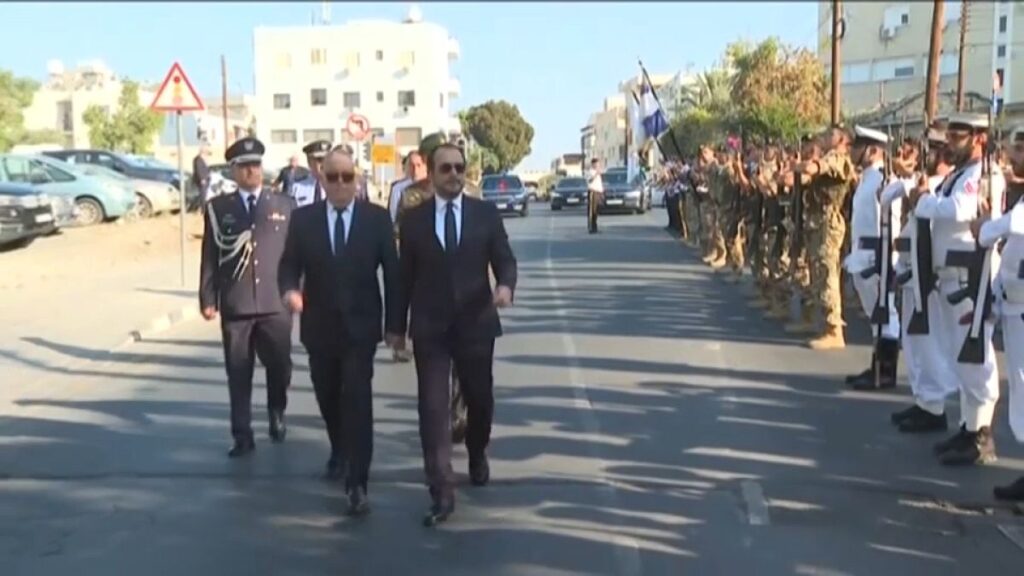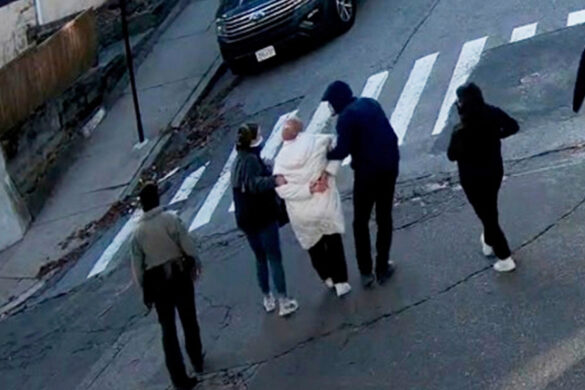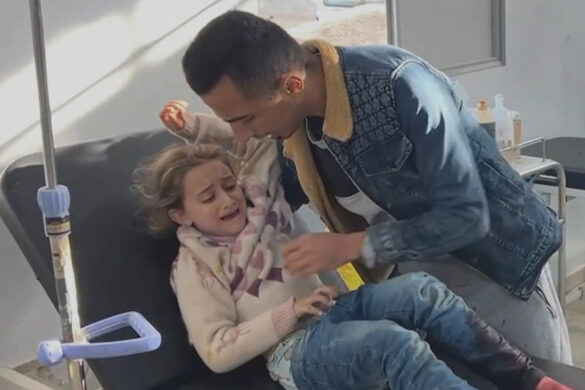This summer marks 50 years since Cyprus was split in two: a Turkish part in the north, a Greek part in the south.
This year marks the fiftieth anniversary of the Turkish invasion of Cyprus. Half a century has passed since the tragic events of the summer of 1974. A period that marked and defined the modern history of Cyprus.
Today, peace talks remain stalled, despite decades of negotiations under UN auspices.
In recent months, however, there has been a resumption of contacts. In January, the Secretary-General of the United Nations, António Guterres, announced the appointment of María Angela Holguín Cuéllar as his personal envoy to Cyprus.
The fact remains that the Greek Cypriot side still considers the solution of a bizonal and bicommunal federation as the only viable solution, while the Turkish Cypriots prefer the two-state solution.
“Our goal at this stage is to take concrete steps as soon as possible. It is a fact that we are facing difficulties. The current position of the Turkish side puts forward the issues of sovereign equality and equality of international status as conditions for agreeing to re-engage in a process. This is essentially an insurmountable obstacle because it is outside the framework determined by the UN resolutions, it is outside the historical compromise of the bicommunal federation, it is beyond the limits of a single state that must be ensured by the solution of the Cyprus problem. and there is no room for the slightest deviation.” says Menelaos Menelaou, negotiator for the Greek Cypriot side.
But what do citizens think about the situation 50 years after the invasion? Giannis Ioannou, an analyst at Kathimerini in Cyprus, believes: “I feel that whenever we talk about the solution of the Cyprus problem, we must not only weigh the solution plans or the conditions under which the problem will be solved, but also see whether we have reached, as Greek Cypriots and Turkish Cypriots, an agreement with the idea of a common cooperative state, just as the Republic of Cyprus began with its establishment in 1960. I feel that we have not yet accepted this idea of coexistence as a society and that is why the Cyprus issue remains pending.”
However, a majority of Cypriots support the solution of a bi-zonal and bi-communal federation.
A few days ago, after meeting with all the stakeholders, the UN Special Envoy submitted a report to the UN Secretary-General. The content of this report has not yet been made public.
According to the spokesperson for the UN Secretary-General, the report is being assessed by Antonio Guterres in order to determine his next steps.




